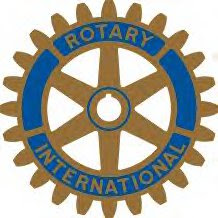
Historically this department of the UN included advancing the principle of self-determination of peoples through the development of self-government and decolonization. In the modern period, it has entailed establishing and advancing the principle of democracy and political rights.
Today, the United Nations system is engaged in a wide range of development assistance activities which are intended to support the efforts of governments to promote democratic election processes. Since 1989, the United Nations has received over 140 requests for electoral assistance from Member States. Member States most often seek advice and assistance on the legal, technical, administrative, and human rights aspects of organizing and conducting democratic elections or seek the Organization's assistance in supporting the international observation of an electoral process.
In practice, the objectives of United Nations electoral assistance are essentially two-fold:
(1) to assist Member States in their efforts to hold credible and legitimate democratic elections in accordance with internationally recognized criteria established in universal and regional human rights instruments;
(2) to contribute to building the recipient country's institutional capacity to organize democratic elections that are genuine and periodic and have the full confidence of the contending parties and the electorate.
It was pointed out that the United Nations recognizes that there is no single political system or electoral method equally suited to all nations. While comparative experience and examples provide useful guidance for the construction of democratic institutions, assistance strategies should ultimately be shaped by the particular needs and circumstances of the country seeking assistance, taken within the framework of international standards. United Nations activities in the field of electoral assistance are conducted in conformity with the basic principles of the sovereign equality of States and respect for their territorial integrity and political independence, as enunciated in the UN Charter. Assistance activities are carried out only where requested by national authorities of Member States and broadly supported by the people of the country concerned.









